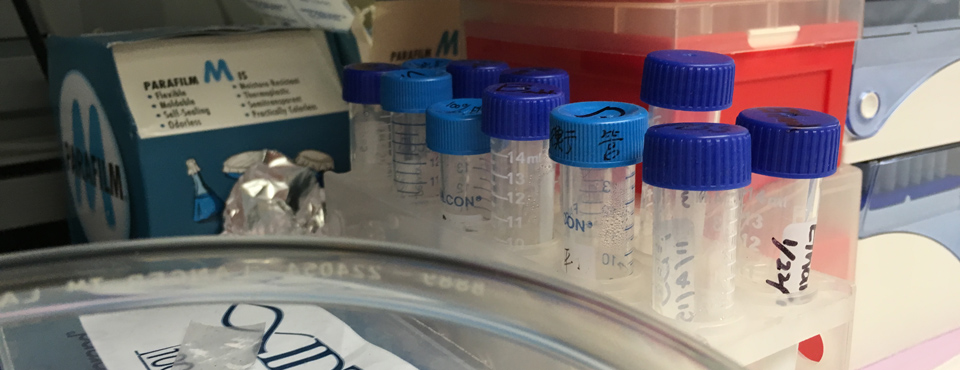Protecting the well-being of your furry companions, diagnostic exams is a top priority. Advanced veterinary facilities assist in diagnosing illnesses for companion animals.
Throughout this resource, we’ll learn about the role of pet laboratory services and highlight key tests.
What Are Veterinary Laboratories?
Labs focused on animal health analyze health indicators to support animal care. These labs use advanced technology to support better medical decisions.

Main purposes of veterinary labs include:
- Identifying problems before they worsen: This helps vets act quickly.
- Monitoring ongoing conditions: Ensures your pet stays on track.
- Adjusting medications as needed: Improves treatment accuracy.
Common Veterinary Tests for Dogs and Cats
Veterinary labs offer a wide range of diagnostic options to evaluate pet health. Popular exams include:
- Blood workups: Evaluate overall health.
- Bladder health evaluations: Spot bladder issues.
- Intestinal health exams: Spot infections.
- Skin and allergy testing: Improve coat health.
- Structural health evaluations: Spot tumors.
laboratório são camilo veterinária pet
laboratorio de analises clinicas veterinaria
The Benefits of Regular Veterinary Testing
Routine lab work is a critical part of pet ownership. By identifying potential problems early, vets can create effective treatment plans.

Other advantages include:
- Extended lifespan: Keeping them thriving helps pets maintain their vitality.
- Preventative savings: Addressing small problems early saves you from financial stress.
- Peace of mind for pet owners: Regular testing builds trust.
Why Testing is Key for Dogs and Cats
Pet diagnostic labs play a critical role in protecting your furry friend’s health. By scheduling regular tests, you stay ahead of potential health issues.
Don’t wait—take action now to ensure their health for years to come!